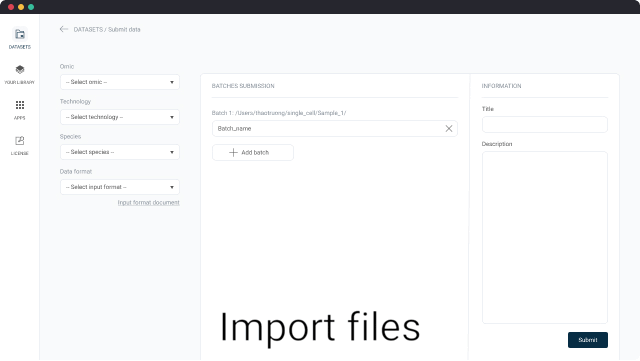Characteristics of anti-CD19 CAR T cell infusion products associated with efficacy and toxicity in patients with large B cell lymphomas
Qing Deng, Guangchun Han, Nahum Puebla-Osorio, Man Chun John Ma, Paolo Strati, Beth Chasen, Enyu Dai, Minghao Dang, Neeraj Jain, Haopeng Yang, Yuanxin Wang, Shaojun Zhang, Ruiping Wang, Runzhe Chen, Jordan Showell, Sreejoyee Ghosh, Sridevi Patchva, Qi Zhang, Ryan Sun, Frederick Hagemeister, Luis Fayad, Felipe Samaniego, Hans C. Lee, Loretta J. Nastoupil, Nathan Fowler, R. Eric Davis, Jason Westin, Sattva S. Neelapu, Linghua Wang, Michael R. Green
Abstract
Autologous chimeric antigen receptor (CAR) T cell therapies targeting CD19 have high efficacy in large B cell lymphomas (LBCLs), but long-term remissions are observed in less than half of patients, and treatment-associated adverse events, such as immune effector cell-associated neurotoxicity syndrome (ICANS), are a clinical challenge. We performed single-cell RNA sequencing with capture-based cell identification on autologous axicabtagene ciloleucel (axi-cel) anti-CD19 CAR T cell infusion products to identify transcriptomic features associated with efficacy and toxicity in 24 patients with LBCL. Patients who achieved a complete response by positron emission tomography/computed tomography at their 3-month follow-up had three-fold higher frequencies of CD8 T cells expressing memory signatures than patients with partial response or progressive disease. Molecular response measured by cell-free DNA sequencing at day 7 after infusion was significantly associated with clinical response (P = 0.008), and a signature of CD8 T cell exhaustion was associated (q = 2.8 × 10−149) with a poor molecular response. Furthermore, a rare cell population with monocyte-like transcriptional features was associated (P = 0.0002) with high-grade ICANS. Our results suggest that heterogeneity in the cellular and molecular features of CAR T cell infusion products contributes to variation in efficacy and toxicity after axi-cel therapy in LBCL, and that day 7 molecular response might serve as an early predictor of CAR T cell efficacy.
Datasets
1. Single cell RNA sequencing of CD19 CAR T-cell infusion products

Analyze this study
Source data
https://cellxgene.cziscience.com/collections/be21c2d1-2392-47d0-96fb-c625d115e0dc
Alias names
EGAD00001006325, PMID33020644, PMC8446909
Cite this study
Deng, Q., Han, G., Puebla-Osorio, N., Ma, M.C.J., Strati, P., Chasen, B., Dai, E., Dang, M., Jain, N., Yang, H. and Wang, Y., 2020. Characteristics of anti-CD19 CAR T cell infusion products associated with efficacy and toxicity in patients with large B cell lymphomas. Nature medicine, 26(12), pp.1878-1887. https://doi.org/10.1038/s41591-020-1061-7
